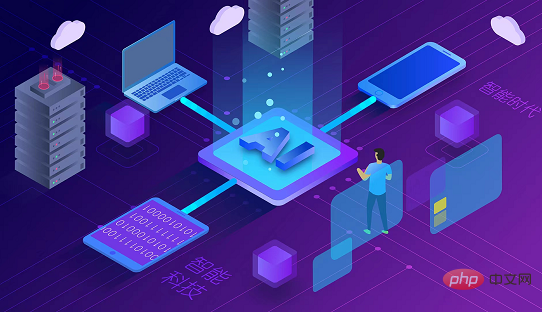

Artificial intelligence and machine learning will soon replace trial and error as companies strive to improve product performance. While technology has taken over many aspects of our lives, our product design and manufacturing processes are still largely stuck in the industrial age. Companies strive to efficiently create better-performing products and keep costs low. After extensive experiments, they arrived at the best design. They then feed instructions into manufacturing machines that create thousands of identical products or parts, with little room for customization.
That’s all about to change. We are on the cusp of a revolution in designing and manufacturing products. Specifically, artificial intelligence and machine learning will change product design and manufacturing in the following four aspects:
Product designers usually have a good idea of what will happen when using different materials. What kind of result. But things can quickly get complicated when designers must balance multiple desired outcomes. For example, when designing a car, designers must optimize not only performance, but also cost, durability, safety, and fuel efficiency. With artificial intelligence and machine learning tools, design teams can quickly iterate on thousands or even millions of different potential designs, then spend valuable time focusing on the designs that algorithms determine have the most potential.
In this context, the word "design" usually refers to performance design rather than aesthetic design. While humans are still better than computers at creating beautiful products with consumer appeal, artificial intelligence and machine learning can calculate how small changes in a product will affect several different aspects of performance. This will be an invaluable improvement for design teams, as it will allow engineers to spend their time on more creative aspects of their work rather than spending countless hours on laborious and inefficient trial and error experiments. Additionally, it will lead to better products.
Product customization requires a lot of physical labor. Even a fairly standard product, such as sneakers, typically requires an assembly line staffed by dozens of workers. But artificial intelligence and machine learning will soon open the door to more automated product customization.
For example, keeping with the sneaker example, emerging technologies will allow each pair of sneakers to be fully customized, improving the performance of the sneakers for the individual athlete. Shoe buyers will soon have access to new input devices, such as sensors that create foot pressure maps and capture information that will lead to unique custom designs. Then, based on high-level specifications, generative design tools automatically synthesize the design and convert it into machine-readable assembly instructions.
Recent advances in artificial intelligence and computing have led us into a whole new world, where every product is unique and has unprecedented complexity.
For many products, it is difficult or even impossible to predict their performance without conducting experiments first. For example, no numerical model can help product designers determine how effective a given drug is at relieving a patient's symptoms, or how efficient a solar cell is at generating electricity.
While artificial intelligence and machine learning do not eliminate the need for experiments, they can help researchers plan and even conduct experiments efficiently. In the near future, we will see fully automated workflows, where designers set parameters for the desired outcome and then robots perform experiments and evaluate the results.
Most manufacturing systems today are extremely stupid. Manufacturing equipment may be able to produce standardized products at a consistent rate, but it cannot assess and respond to changing conditions. However, adding sensors to manufacturing facilities and layering artificial intelligence and machine learning algorithms onto equipment will enable companies to use smart manufacturing processes that are more dynamic, responsive and resilient.
For example, the temperature of a manufacturing plant rises sharply overnight, or a machine is fed a batch of material that is slightly different from the standard material. Without sensors and smart systems, machines would continue to operate normally without taking into account changes in the environment or materials. This can lead to delays, machine degradation and product damage.
In contrast, smart manufacturing systems are able to detect failures and automatically adapt to changing conditions. In turn, this improves quality control, reduces costs and increases reliability.
We may not even be able to imagine how artificial intelligence and machine learning will change product design and manufacturing. After all, many of the ways we use smartphones were completely unforeseen just a decade ago. But by learning how to use these technologies in operations, business and IT leaders can put themselves at the forefront of their industry and ensure they are ready for whatever the next few years may bring.
The above is the detailed content of Four ways artificial intelligence will change design and manufacturing. For more information, please follow other related articles on the PHP Chinese website!
 Application of artificial intelligence in life
Application of artificial intelligence in life What is the basic concept of artificial intelligence
What is the basic concept of artificial intelligence vscode
vscode How to measure internet speed on computer
How to measure internet speed on computer What should I do if the matching result of the vlookup function is N/A?
What should I do if the matching result of the vlookup function is N/A? Login token is invalid
Login token is invalid The purpose of memcpy in c
The purpose of memcpy in c What are the design patterns used by laravel?
What are the design patterns used by laravel?



